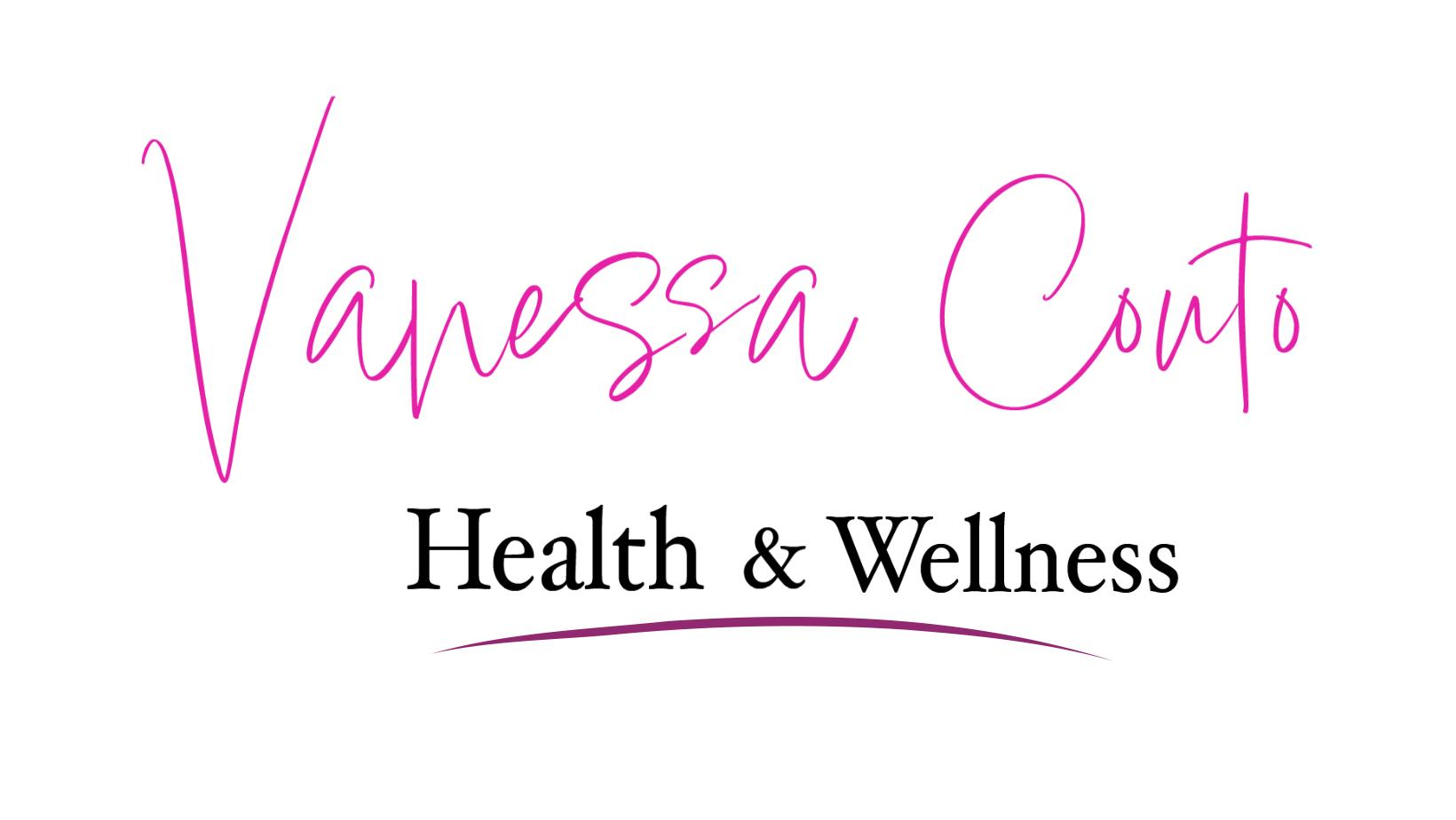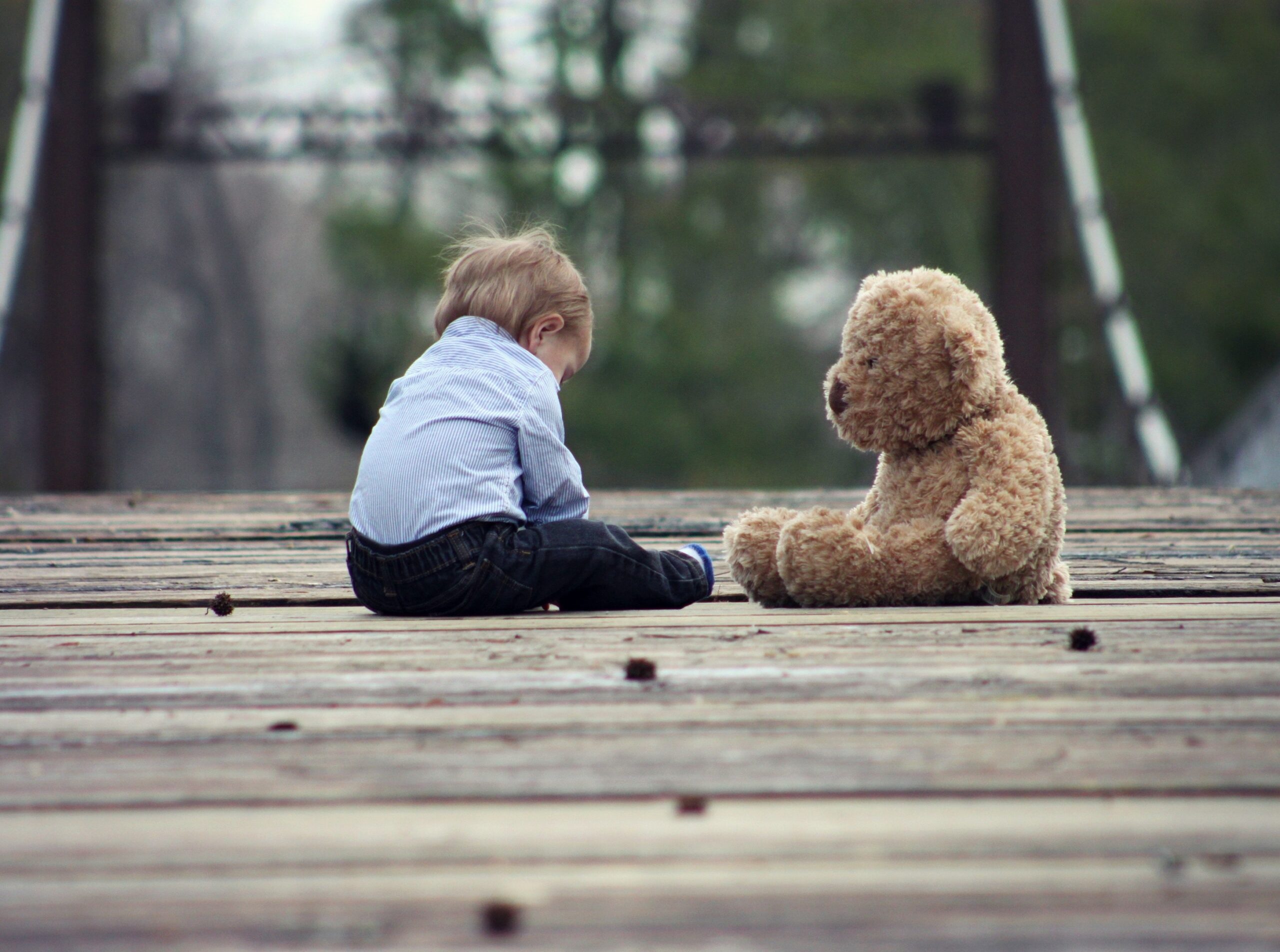Are you struggling with anxiety or depression? You might suffer from the effects of childhood traumas. Exposure to adversity affects children’s developing brains and bodies based on science.
This blog post will discuss childhood traumas and their effects on adults.
What Is Childhood Trauma?
The National Institute of Mental Health (USA) defines childhood trauma as:
“The experience of an event by a child that is emotionally painful or distressful, which often results in lasting mental and physical effects.”
When a child watches or encounters traumatic events when they are young, it can cause childhood trauma. Kids may become overwhelmed by several childhood events. These can happen in relationships that involve aggression, exploitation, assault, neglect, or abuse.
What Are the Its Consequences?
Abusive relationships, neglect, or growing up with a parent who struggles with mental illness or substance dependence can change the kid’s physiology – Dr. Nadine Harris says ( a pediatrician in California, USA).
A summary of the past 20 years of Adverse Childhood Experience (ACEs) research has shown that domestic violence, parents physically fighting in front of the child, child abuse, physical or emotional neglection, parental mental illness, substance dependence, incarceration, parental separation or divorce can cause health disorders such as anxiety, depression, irritability, overeating, and aggression in children (Asmundson and Afifi, 2019).
In this study, 17,500 adults were interviewed about their history of exposure to what they called “adverse childhood experiences,” or ACEs. They also discovered that the higher your ACE score, the worse your health outcomes. For instance, a person with an ACE score of four or more has a relative risk of obtaining asthma than someone with an ACE score of zero. For depression, it was four and a half times.

Dr. Nadine Harris, from The Burk Foundation, points out that exposure to early adversity has consequences on the nucleus accumbens, the pleasure and reward center of the brain implicated in substance dependence. It inhibits the prefrontal cortex, which is necessary for impulse control and executive function, a vital area for learning. Also, it causes problems in the immune system, hormonal systems, and our DNA – how it is read and transcribed.
Besides, MRI scans showed measurable differences in the amygdala, the brain’s fear response center. Therefore, those exposed to high doses of adversity are more likely to engage in high-risk behavior such as smoking and drinking alcohol.
In addition to that, any trauma can be heritage up to FOUR generations, according to Dr. Joan Borysenko. In other words, stress and anxiety caused by a traumatic childhood can take some generations to heal!
Before being violent or abusive to your children or partner, please consider the consequences of your actions, which may affect generations. Creating safe, stable, and nurturing environments for children is critical. I know that life with children can be challenging, but you ( parents) should look for help from friends, family, counselors, or life coaches to nurture your relationship with your children.
Raising a kid in a happy and healthy environment creates a happy and healthy adult.

What I learnt
I had a difficult childhood. You can read about my story here. It caused me mental and emotional illnesses. Despite that, this complicated past led me to seek ways to heal myself through spirituality and a healthier lifestyle.
I recovered from depression years ago and improved my overall health. I am still working on healing my anxiety and nourishing my mental health.
You can have a brighter life now and in the future, even though you have been through a difficult time. Whatever you are going through right now, please do not give up or think you do not deserve happiness; we all have the strength to overcome any situation and deserve joy and peace.
Forgiveness is part of the process of healing. Parents with a problematic past may repeat the pattern and raise kids in similar environments unless they are committed to change. It is difficult to forgive the past, but we all need to let it go to move forward. Remember that our parents did not have access to the knowledge or help in the past that we have available nowadays.
References
Asmundson, G., Afifi, T. (2019). The adverse childhood experience ( ACE) study, using evidence to advance research, practice, policy, and prevention, 1st Edition. Doi number: https://doi.org/10.1016/C2017-0-03827-2



3 Comments
Thanks for your blog, nice to read. Do not stop.
Hello Mark, thanks for the comment. I will not stop writing 🙂 Keep visiting my blog and learning more about mental and emotional health. Have a beautiful day!
Vanessa
Thanks for your blog, nice to read. Do not stop.